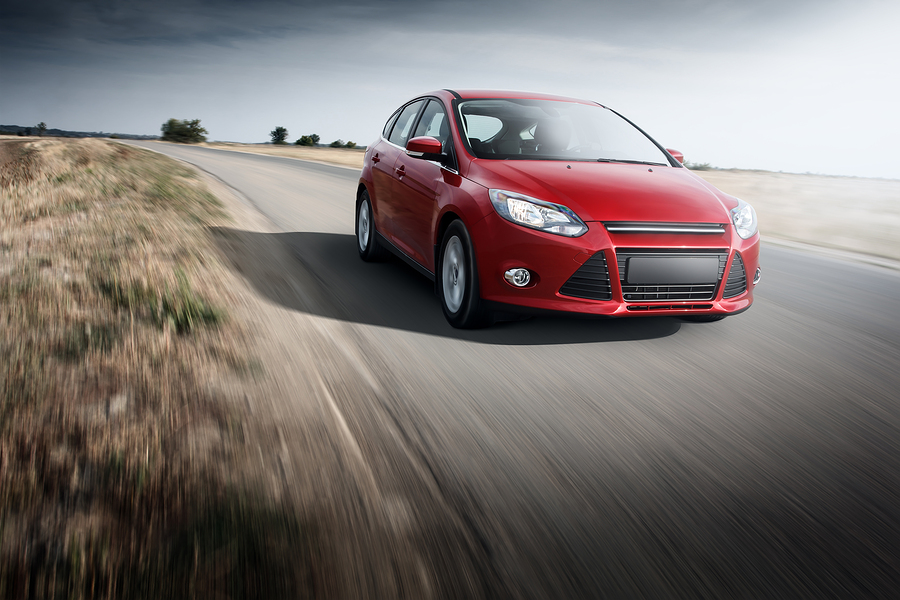Driverless cars are creating the big buzz in vehicle technology at the moment, but in the future you could find yourself behind the wheel of a Ford Focus that not only has the ability to take the wheel, but can even tell when you need it to.
Ford teamed up with Sensum, a Belfast-based specialist in ’empathic’ technology and emotional AI, to build a concept car around the Ford Focus RS dubbed the Ford Performance Buzz Car.
The vehicle is equipped with a whole range of different sensors to watch the driver’s facial expressions, measure their heart rate and galvanic skin response, skin temperature and breathing rate, processing all of this data immediately through an onboard high-end gaming PC to spot when a ‘buzz moment’ occurs.
This is the thrill of a particularly nippy manoeuvre or burst of acceleration, and the research found in an average journey, the typical driver experienced 2.1 of those moments – close to the 3 buzz moments felt in a typical rollercoaster ride.
In comparison, an average episode of the TV show Game of Thrones delivered 1.5 buzz moments, the same as a normal game of football, and even retail therapy couldn’t compare, with 1.7 buzz moments in a regular shopping trip.
Most striking of all is the car’s response to one of these moments, with nearly 200,000 LEDs fitted to panels around the exterior of the vehicle, allowing it to light up when the driver’s buzz is detected like a DeLorean that just hit 88 mph.
Practical applications for safer driving
Concept cars usually have an element of fun about them, and the Ford Performance Buzz Car is certainly no exception to that – but there are practical applications to this kind of technology, too.
Dr Marcel Mathissen, research scientist at Ford of Europe, said: “We think driving should be an enjoyable, emotional experience. The driver-state research Ford and its partners are undertaking is helping to lead us towards safer roads and – importantly – healthier driving.”
For example, the technology can be adapted to detect other emotional states besides the buzz of excitement – and could ultimately allow the car to detect when the driver is tired, stressed, or distracted by some other cause, for example excessive alcohol consumption or the influence of drugs.
That doesn’t have to mean the driver is breaking the law, as there are many legal medications that can cause drowsiness, and the car would be able to take over and either come safely to a stop, or potentially continue navigating along the correct route as driverless technology becomes more widespread.
Dr Harry Witchel, discipline leader in physiology at the Ford Research and Innovation Center in Aachen, Germany, said: “A rollercoaster may be good for a quick thrill, but it’s not great for getting you to work every day.
“This study shows how driving a performance car does much more than get you from A to B – it could be a valuable part of your daily wellbeing routine.”

